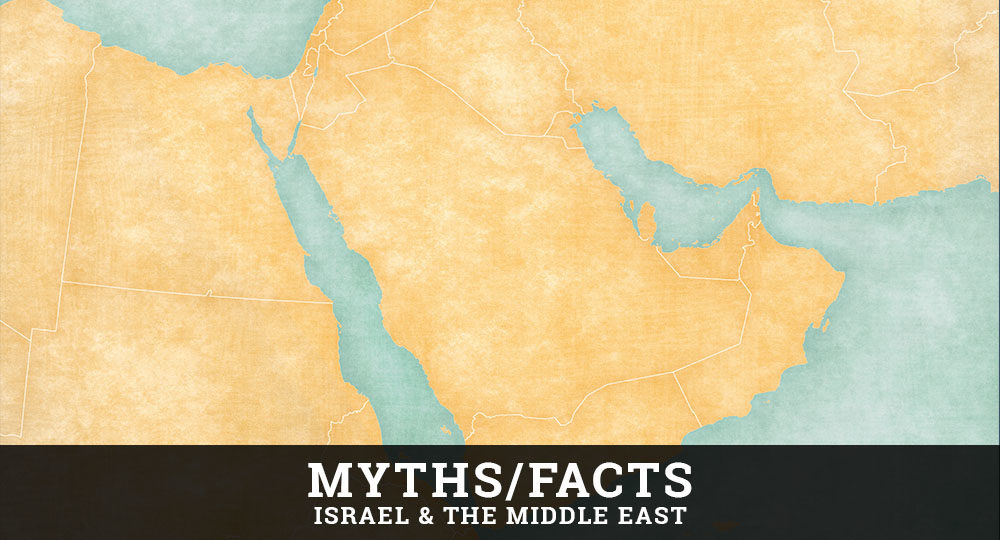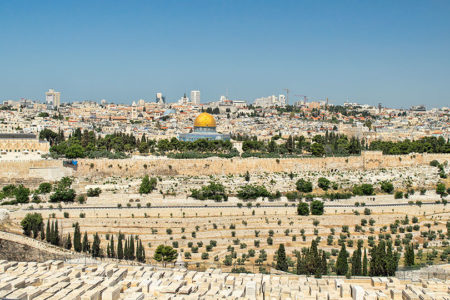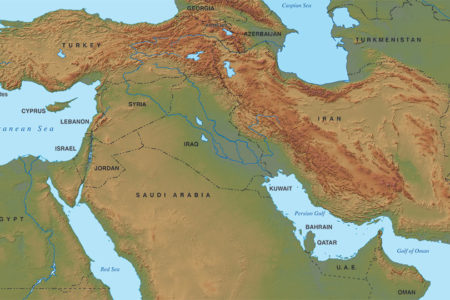Is Israel an Apartheid State?
Even before the State of Israel was established, Jewish leaders consciously sought to avoid the situation that prevailed in South Africa. As David Ben-Gurion told Palestinian nationalist Musa Alami in 1934:
We do not want to create a situation like that which exists in South Africa, where the whites are the owners and rulers, and the blacks are the workers. If we do not do all kinds of work, easy and hard, skilled and unskilled, if we become merely landlords, then this will not be our homeland (Shabtai Teveth, Ben-Gurion and the Palestinian Arabs: From Peace to War, London: Oxford University Press, 1985, p. 140; Haaretz, September 23, 2003).
Today within Israel, Jews are a majority, but the Arab minority are full citizens who enjoy equal rights and are represented in all branches of government. Arabs are represented in the Knesset (parliament) and have served in the Cabinet, high-level foreign ministry posts (e.g., ambassador to Finland), and on the Supreme Court.
Under apartheid, black South Africans could not vote and were not citizens of the country in which they formed the overwhelming majority of the population. Laws dictated where they could live, work, and travel. And in South Africa, the government killed blacks who protested against its policies. By contrast, Israel allows freedom of movement, assembly, and speech. Some of the government’s harshest critics are Israeli Arabs who are members of the Knesset.
The situation of Palestinians in the territories is different. The security requirements of the nation, and a violent insurrection in the territories, forced Israel to impose restrictions on Arab residents of the West Bank and (before disengagement) the Gaza Strip that are not necessary inside Israel’s pre-1967 borders. The Palestinians in the territories dispute Israel’s right to exist, whereas blacks did not seek the destruction of South Africa, only the apartheid regime.
If Israel were to give Palestinians full citizenship, it would mean the territories had been annexed. No Israeli government has been prepared to take that step. Instead, through negotiations, Israel agreed to give the Palestinians increasing authority over their own affairs. It is likely that a final settlement will allow most Palestinians to become citizens of their own state. The principal impediment to Palestinian independence is not Israeli policy; it is the unwillingness of the Palestinian leadership to give up terrorism and agree to live in peace beside Israel.
Despite all their criticism, when asked what governments they admire most, more than 80 percent of Palestinians consistently choose Israel because they can see up close the thriving democracy in Israel and the rights the Arab citizens enjoy there. By contrast, Palestinians place Arab regimes far down the list and their own Palestinian Authority at the bottom, with only 20 percent saying they admired the corrupt Arafat regime in 2003 (New York Times, April 2, 2003).
From Myths & Facts Online—A Guide to the Arab-Israeli Conflict by Mitchell G. Bard, JewishVirtualLibrary.org. Used by permission.







